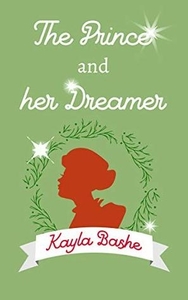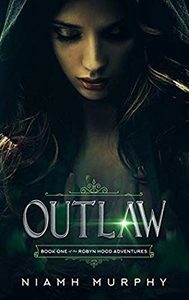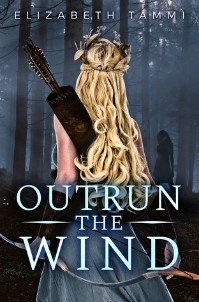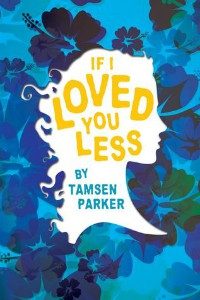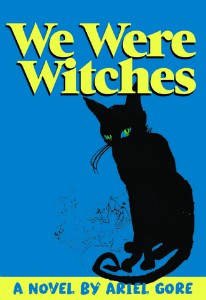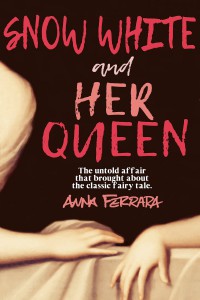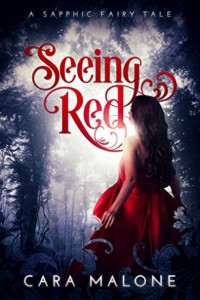The Wife in the Attic is a gorgeous reimagining of Jane Eyre, available as an Audible audiobook first and as an ebook in Fall 2021. This gothic tale follows a lonely governess employed by a charming aristocrat, but is fascinated by his mysterious wife.
Miss Oliver is a struggling guitar teacher in 19th-century England, an orphan who’s used to feeling like an outsider, thanks to her mixed Methodist English and working-class Portuguese Jewish background. When she hears of an opening at an isolated manor by the sea, she imagines sumptuous seaside meals, and a chance to bond with a little girl potentially just as lonely and odd as she is.
Miss Oliver’s new home is a creepy mansion, with sullen servants who won’t let her leave the house. She has a flirtatious master who might be stealing her letters, and an ill mistress who’s never seen outside her room. Her employer, Sir Kit Palethorp, wants an extremely proper Church of England education for his daughter. Between Miss Oliver’s religious and ethnic background, and her lesbian adventures at boarding school, she knows she’ll need to lie by omission to keep this job. Miss Oliver is never sure how much of the weirdness in the house is typical, but she’s fascinated by the Palethorpes. She spends the book unraveling whether Sir Kit’s foreign wife is the mad, sick woman he describes, and whether the two women–and the unpredictable little girl they’re learning to share–might have more in common than either had imagined.
The Wife in the Attic is a brilliant historical novel, filled with layers of secrets, and gothic fiction references. It’s unsettling and tense, but not scary. I loved Miss Oliver and Miss Palethorpe: they’re both outsiders who are skeptical observers of English society, and the book is peppered with their pointed commentary on English blind spots. Both women have trouble trusting others, and find they are not as alone in the world as they’d imagined. Readers who like to explore class and cultural differences in historical relationships would enjoy this book.
Miss Oliver is initially enthralled with the Palethrope family, even though she doesn’t trust either of the parents, or herself when she’s around them. Miss Oliver is a compelling heroine who knows she’s being manipulated, but can’t decide by whom. As the book continues, we learn more about her, and it was beautiful watching the character heal from generational trauma by connecting with other Portugese Jews.
There are many creative twists on the original Jane Eyre, but I wished the book had spent more time exploring the daughter’s storyline. There’s also a moment of disassociation during sex where consent is muddy. I felt that scene was unnecessary, and may be triggering for some readers.
It’s very hard to talk about this book without spoiling it, but The Wife in the Attic is smart, romantic, and a queer Jane Eyre that transforms the classic into an addictive story where no one trusts one another. I rarely read audiobooks, but I highly recommend this one.
CW: gaslighting, antisemitism, ambiguous consent


